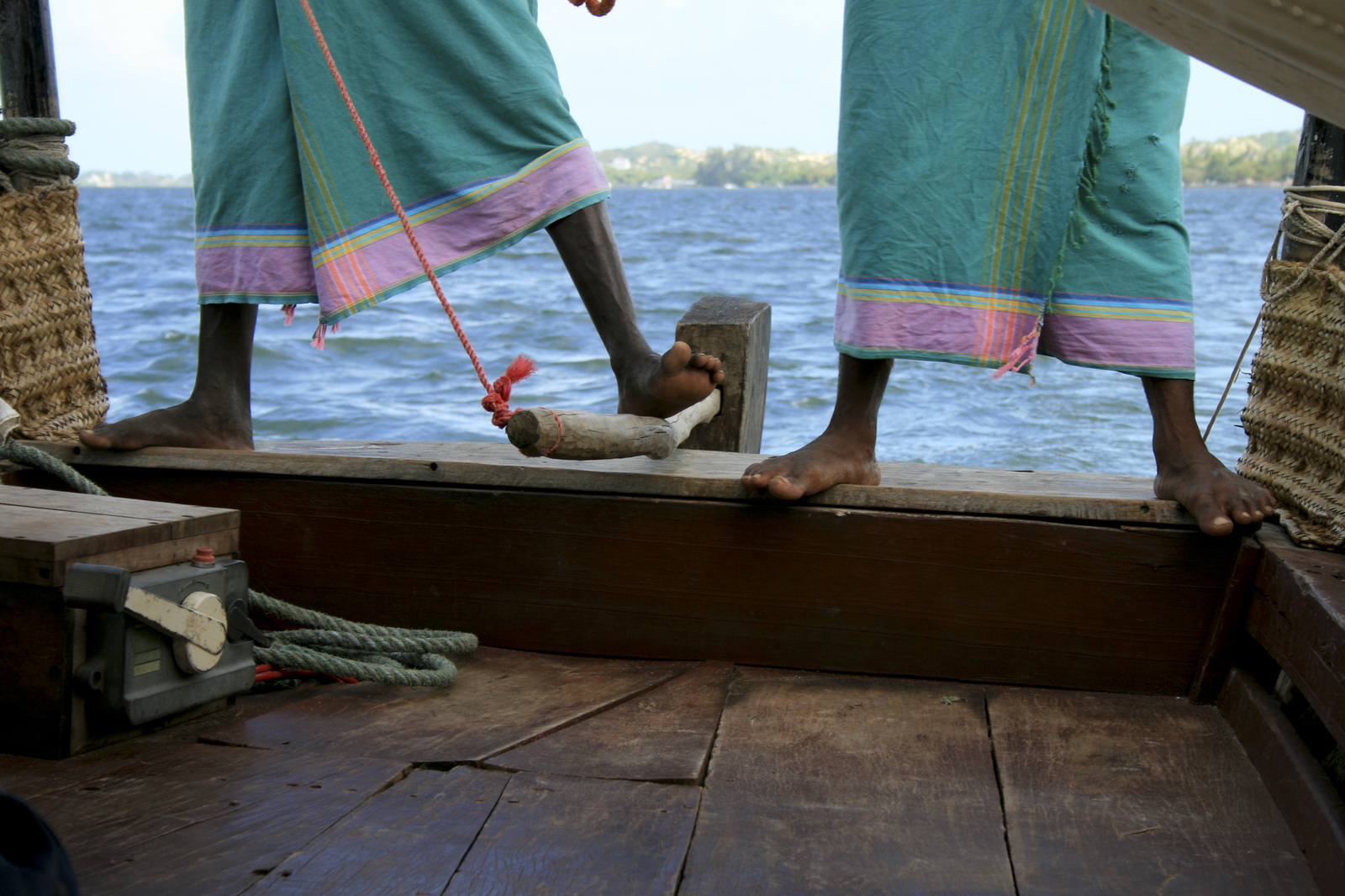
SNAPP: Because Everyone’s Prosperity Relies on Nature
How can protecting nature help secure food, energy and water — and enhance the quality of life — for 10 billion people? Science for Nature and People Partnership (SNAPP) — a new scientific collaboration among The Nature Conservancy, the Wildlife Conservation Society, and the National Center for Ecological Analysis and Synthesis — is taking on this key question for the planet.
Latest Findings
- Valuing Natural Defenses from Coral Reefs and Mangroves
- The Path to Sustainable Fisheries is Paved with Data
- SNAPP Convenes World’s Biggest Study of China’s Illegal Trade in Ivory, in Support of Government Ban
The Working Groups
At the heart of SNAPP are Working Groups — teams of scientists, practitioners and stakeholders that answer specific critical questions at the conservation/human well-being nexus. Learn more about SNAPP’s Working Group Request for Proposals and the current Working Groups.